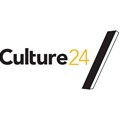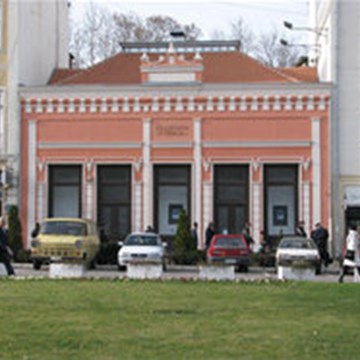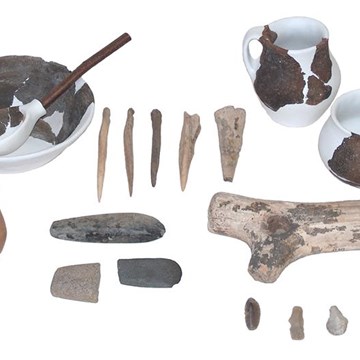Money matters
This free display looks at how money has affected everyday life – from the cash we carry in our pockets to financial concepts such as taxation and inflation.
Money’s central function has remained the same for thousands of years – it’s a convenient way to transfer wealth or pay for things. However, over the centuries, people’s personal relationships with money have developed and its role has evolved along with political systems. In this display, discover the world of money and your relationship with it through a selection of objects drawn from different societies through history.
The display will focus on several key financial concepts through history, including taxation, globalisation, inflation, assets, banking and debt. Financial terminology has always featured in idioms and everyday sayings, giving the impression that these concepts are somehow modern inventions. The display instead reveals that many micro and macroeconomic concepts and functions are actually rooted in history – from debt in Roman Egypt to inflation in revolutionary France.
Suitable for
Family friendly
Website
www.britishmuseum.org/whats_on/exhibitions/money_matters.aspx
Exhibitions and events

Sutton Hoo and Europe, AD 300–1100
Permanent exhibitionThe centuries AD 300–1100 witnessed great change in Europe. The Roman Empire broke down in the west, but continued as the Byzantine Empire in the east. People, objects and ideas travelled across the...

Babel, babbling and the British Museum
Event at British Museum on 26.11.2041 13:15A gallery talk by Irving Finkel, British Museum. Gallery talks last 45 minutes. They are given by Museum staff or guest speakers and are suitable for all levels of knowledge. Admission Free
Activities from this museum
We don't have anything to show you here.










